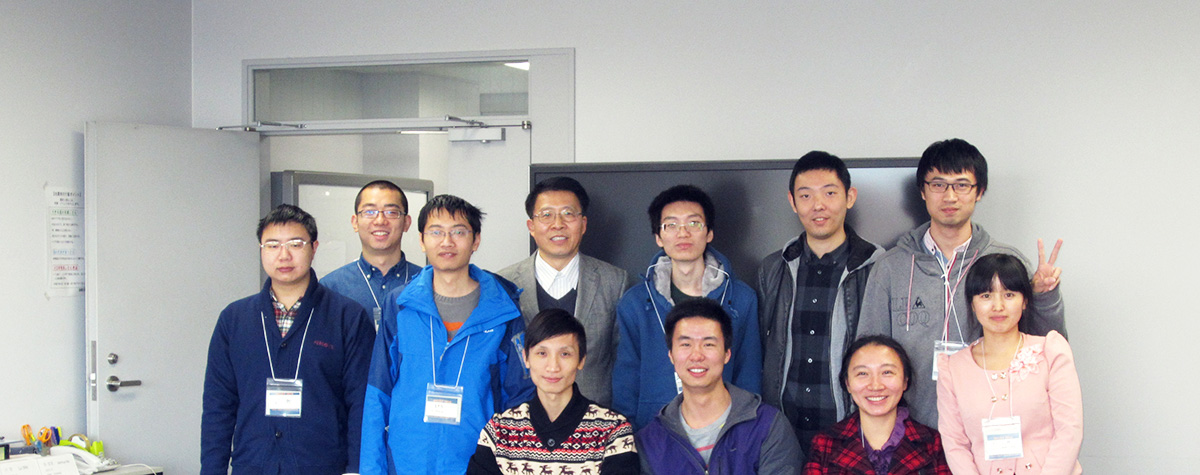Topics: Parallel and distributed computing
Covers various technology aspects:
- Parallel and distributed algorithms
- Language and compiler supports for PDS
- Parallel and distributed computer architectures
- High performance computing technologies for numeric and non-numeric applications.
Research targets
Parallel computing technologies are applied for almost all IT systems nowadays. IT professionals and researchers are required to have enough knowledge and skills in the field. The course covers various key technologies such as, large scale inter-connection networks, cloud computing, parallel and distributed programming models, complier supports for PDS and high performance computing applications.
Index of professors in this research area
Prof. Kensuke AISHIMA
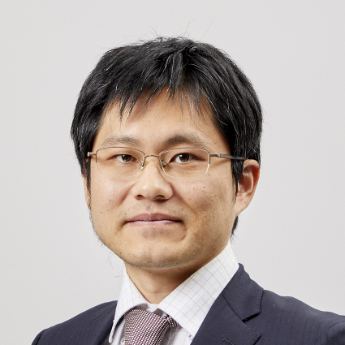
Numerical Analysis Lab
Kensuke AISHIMA
Professor (Computer Science, Graduate School)
Doctor of Information Science and Technology
Research area:
- Numeric Analysis
- Numerical Simulation
- Data Analysis
Kensuke Aishima received his bachelor, master, and doctoral degrees from the University of Tokyo in 2006, 2008, and 2011, respectively. From 2011 to 2017, he was an assistant professor of the University of Tokyo. From 2017 to 2018, he was a preject lecturere of the University of Tokyo. Since April 2018, he has been an associate professor at the Faculty of Computer and Information Sciences, Hosei University. His current research areas include numerical simulation and data analysis. He is a member of the Japan Society for Industrial Applied Mathematics (JSIAM).
Message
Numerical analysis plays an important role in modern science and information technlogy. Physical simulation is classical and famous application. In addition, numerical analysis is fundamental technique in big data analysis. In particular, the singular value decomposition (SVD) is indispensable for data analysis. My major is numerical linear algebra, including the SVD computations, eigenvalue algorithms, numerial algorithms for linear systems, and so forth.
Prof. Satoshi OBANA
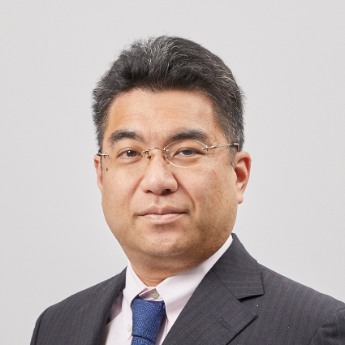
Information Security Lab
Satoshi OBANA
Professor (Computer Science, Graduate School)
Doctor (Engineering)
Research area:
- Cryptography
- Information Security
I study cryptography and information security which enable us to securely deal with our important and/or confidential data stored in open networks.
With the rapid spread of cloud computing, more and more services are deployed on servers in open networks. These servers are not necessarily trusted and are good target of crackers who aim at accessing to confidential data illegally. In fact, many incidents of information leakage from servers in open networks are reported today.
My research interests are, therefore, technologies tolerable to information leakage. In particular, I study secret sharing scheme and computation on encrypted data. Secret sharing scheme is a cryptographic protocol in which secret data is devided into multiple pieces in a way that no one can obtain any partial information about the secret unless (predetermined) number of pieces are collected. Computation on encrypted data is also a cryptographic protocol which enables us to process (e.g., search, compute statistics) encrypted data without decrypting them. I believe these technologies will help us to store our important and confidential data in open networks without fear.
Prof. Shiro KAWABATA
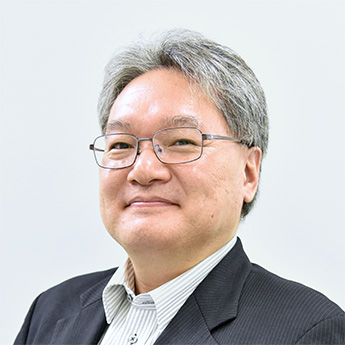
Quantum Computer Lab
Shiro KAWABATA
Professor (Digital Media, Graduate School)
Ph.D. (Applied Physics)
Research area:
- Quantum computer
- Quantum information theory
- Superconducting quantum circuit
- Quantum annealing
Shiro KAWABATA was born in Kagoshima, Japan in 1970. He received Ph.D. in applied physics from Osaka City University, Japan in 1998. From 1998 to 2024, he worked in National Institute of Advanced Industrial Science and Technology (AIST), Tsukuba, Japan and was deputy director of Global Research and Development Center for Business by Quantum-AI Technology (G-QuAT), AIST. He joined the faculty of the Computer and Information Sciences in Hosei University in 2024.
His current research interests include quantum computing, quantum information theory, quantum device/circuit, and quantum annealing. He is a member of the JSPS and JSAP. He is also sub-program director of MEXT Q-LEAP program, advisor of CAO Moonshot Goal 6 “Realization of a fault-tolerant universal quantum computer that will revolutionize economy, industry, and security by 2050”, and cross-appointment fellow of G-QuAT, AIST.
Message
In our lab, students can learn physics (quantum mechanics, statistical physics, solid state physics, …) and computer science (algorithm, programing, information theory, …). By combining these two fields, we will study future cutting-edge computation technology such as quantum computer (noisy intermediate quantum devices and fault tolerant quantum computers ) and quantum annealing.
Prof. Yuichi SUDO
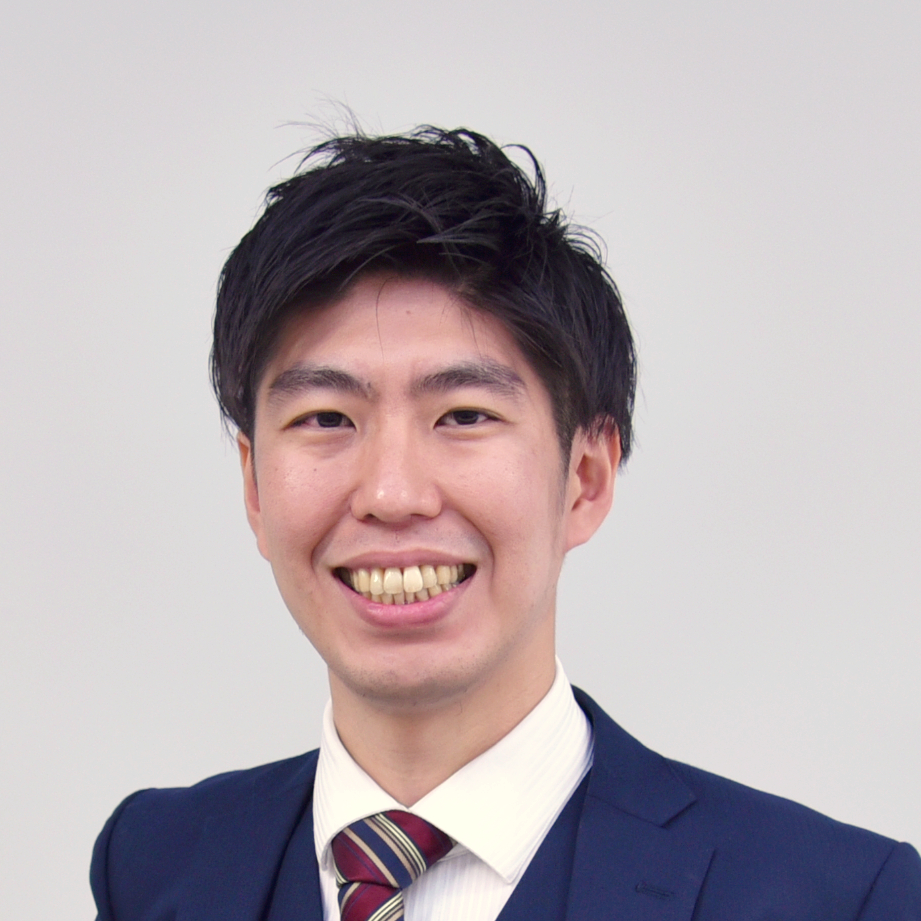
Algorithm Design Lab
Yuichi SUDO
Associate Professor (Computer Science, Graduate School)
Ph.D. (Computer Science)
Research area:
- Distributed Computing
- Graph Theory
Yuichi Sudo received the B.E. degree in engineering, the M.E. degree in computer science, and the Ph.D. degree in computer science from Osaka University, Japan, in 2009, 2011, and 2015, respectively. He worked at NTT Corporation and was engaged in research on network security during 2011-2017. He was an assistant professor with the Graduate School of Information Science and Technology, Osaka University, during 2017-2021. He has been an associate professor at Faculty of Computer and Information Sciences, Hosei University, since April 2021. His research interests include distributed algorithms and graph theory. He is a member of IEEE and EATCS.
Prof. Toshio HIROTSU
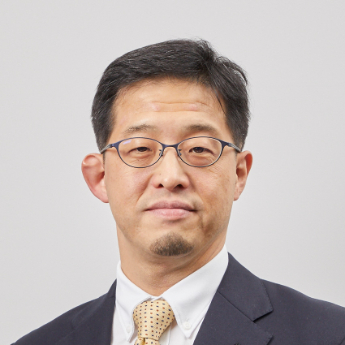
Distributed Systems Lab
Toshio HIROTSU
Professor (Computer Science, Graduate School)
Doctor (Engeering)
Research area:
- Internet
- Operating System
- Distributed Computing
- Ubiquitous Computing
Toshio HIROTSU received M.E and ph.D. degrees in computer science from Keio University in 1992, 1995, respectively. From 1995 to 2004, he worked in NTT Laboratories, Japan. He was in the Department of Information and Computer Science at Toyohashi University of Technology as an Associate Professor from 2004 to 2009. He joined the faculty of the Computer and Information Sciences at Hosei University in 2009.
His current research interests include system software for Internet, access network, cluster computing, virtualization and the ubiquitous computing.
He is a member of the ACM, IEEE, IPSJ and JSSST.
Message
System software is the generic name for the software working for other software. It includes operating systems, middleware, server software, management software, and virtualization supervisors. My research focuses on the system software increasing the security and the performance of the computer systems connecting to the both of the client and server sides of the Internet.
Prof. Satoru FUJITA
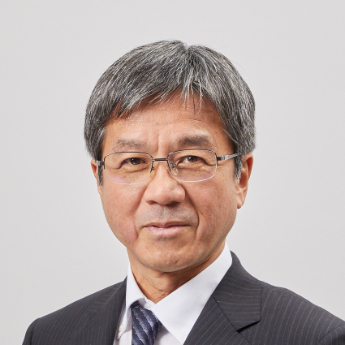
Service Systems Lab
Satoru FUJITA
Professor (Digital Media, Graduate School)
Doctor (Engineering)
Research area:
- XML processing
- Web service
- SOA
- Multi-agent system
Satoru FUJITA was born in Shizuoka, Japan on Jun 25, 1961. He received the B.E. and M.E. degrees in Electronic engineering from Tokyo University, Tokyo, Japan in 1984, 1986 respectively. He received the Doctor of Engineering from Tokyo University in 1989. He was formerly with Internet Systems Research Laboratories of NEC Corporation, where he was engaged in design and development of mobile programming language and Web services. Since 2008, he has been a Professor at the Faculty of Computer and Information Sciences, Hosei University. His current research areas include human sensing, service computing, and multi-agent based simulation. He is a member of the IEICE of Japan, Information Processing Society of Japan, and the Japanese Sciety for Artificial Intelligence.
Message
I have two basic policies for managing my laboratory. One is respect for individuals and another is higher research motivation. Members are required to find their problems by themselves, and discuss solutions deeply.
Prof. Yamin LI
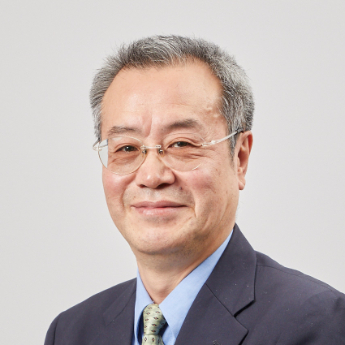
Computer Architecture Lab
Yamin LI
Professor (Computer Science, Graduate School)
Ph.D (Computer Science)
Research area:
- Computer Architecture
- Parallel and Distributed Systems
- Mobile Ad Hoc Networks
Yamin LI received his BS, MS, and Ph.D degrees in computer science and engineering from Tsinghua University, Beijing, China in 1982, 1984, 1989, respectively. From 1984 to 1993, he was a faculty member of Tsinghua University. From 1993 to 2000, he was an associate professor of University of Aizu. Since 2000, he has been a professor at the Faculty of Computer and Information Sciences, Hosei University.
His current research interests include: advanced computer organization and architecture, distributed
and parallel computer architecture, parallel multithreaded architecture, and computer arithmetic
algorithm and hardware implementation.
He is a senior member of the IEEE and a member of the
IEEE Computer Society.
